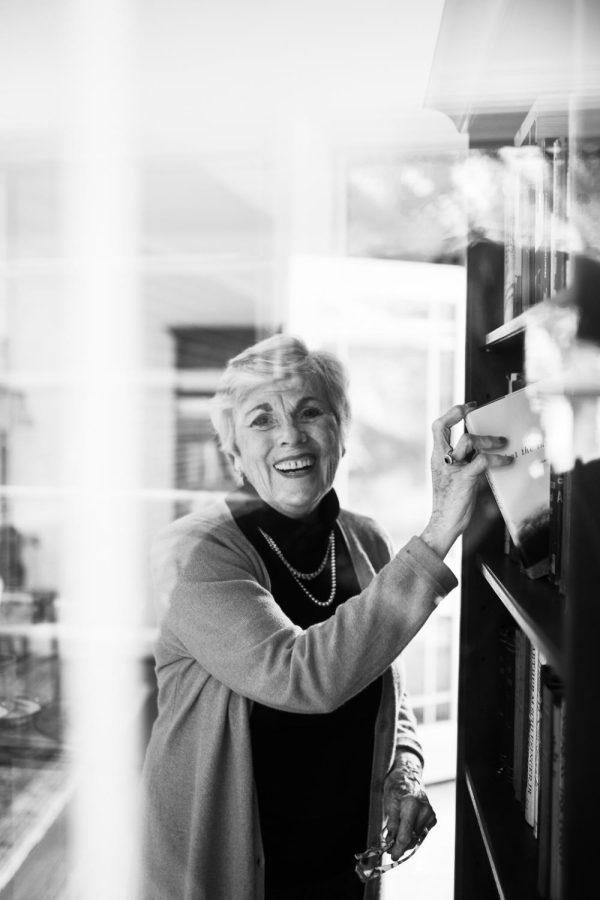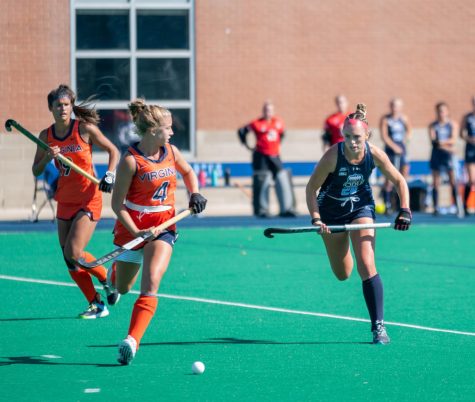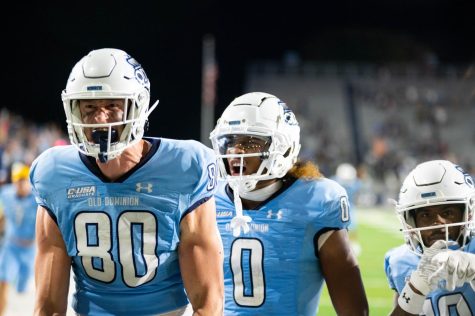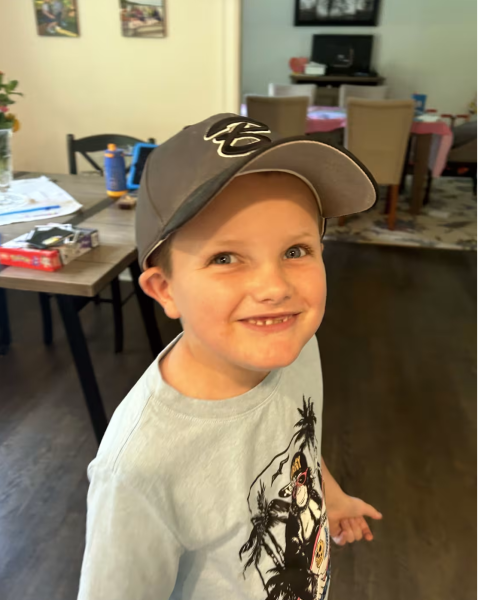A Life In Gossamer
On Nov. 5, a crisp day unbefitting of the usually warmer-than-liked autumn days typical of Norfolk, Joyce Hoffmann opened the doors to her home for yet another interview. Despite her years of work and excellence in journalism, today was a first for the long-time ODU professor as she would finally be on the other side of the questions. While Hoffmann had been approached before for her expertise, her books, or other published writings with the press, never before had she spoken about herself; her legacy, her work and what is to come in the next chapters of her life.
Immediately slipping into the role of the ever-gracious hostess, the environment Hoffmann called home and had created to be a lived-in space was carefully curated of objects. They are in no doubt made up of sentimental value which to her are probably priceless monetarily. With a quaint fire roaring, she floated through the immaculate rooms to show off her spice drawer—organized alphabetically, as a testament to her love of cooking which was already apparent by the double ovens installed in her newly renovated kitchen.
Hoffmann is no stranger to guests in her home, boasting years of inviting the ODU English department and Mace & Crown staff during her years of advisement for the organization. She would have afternoon parties that are timed to politely remind visitors of when it’s time to excuse themselves and leave. Organized in a way that would make Wes Anderson weep from the classical music playing through the TV speakers to the carefully placed stack of the New Yorker magazine in the kitchen entryway chair, it came as no surprise that the woman who students have complimented publicly for her timeless sense of style extends that style to her home décor.
Though “timeless” is the first descriptor that comes to mind to introduce Dr. Hoffmann, she is in fact instead, a time capsule. She is an amalgamation of years of cultural experience in which she has carefully picked up mementos from critical moments and wove its meaning into her overall persona.
Hoffmann has been described as many things over the span of her life and her career; a delight, a classy writer, a force to be reckoned with, and a black widow. The last nickname has become a personal badge of pride for Hoffmann, though it’s not tied to the popular true crime sentiment of the definition. Hoffmann has never killed a lover; instead, she earned this title by being a female force in the field who can inflict a dangerous bite- just ask the Norfolk City Council, who Hoffmann brought to court in 2014 claiming the council had violated the Freedom of Information Act. It’s a time in her career Hoffmann commonly describes in her classroom as being “quite fun”, despite ultimately losing the case.
Theodore H. White, author of “The Making of the President 1960” and a famous journalist, was one of many Hoffmann had interviewed over the years. He was the one who gave her the moniker of being a ‘classy writer’ afterwards. It was those who knew her from her city government beat with her first newspaper in Allentown, Pennsylvania that bestowed her with the title ‘the black widow.’
“I wore both characterizations with an equal sense of pride,” Hoffmann said, sharing how she included both anecdotes in her application letter to ODU, “I didn’t want people in city hall to think I was their pal—I wasn’t—but I really loved it that a famous journalist called me a classy writer.”
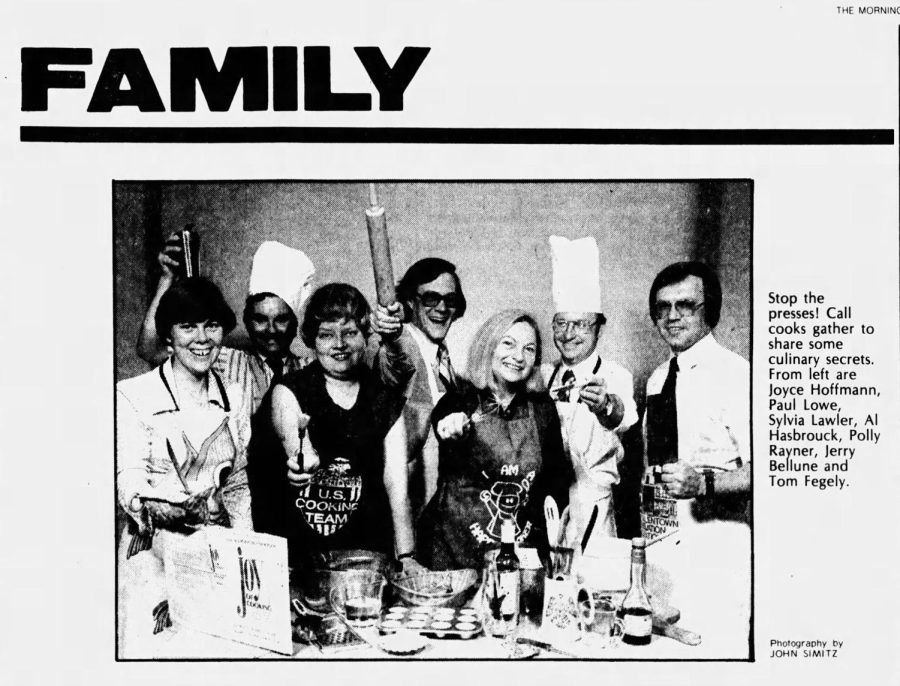
Hoffmann also wrote on both in her bio recommendation for emeritus at ODU, “When I think back on my career at ODU, the wonder is that I even got hired at all,” she says, recalling what she wrote, “and that’s because apparently my application letter offended people.” She laughed. It’s a sentiment she’s used to in all her years as a reporter, “You don’t want to be loved by the people you’re reporting on.”
As a teacher, it was different. Dr. Hoffmann will be retiring from her position as a professor in the English department here at ODU, after 27 and a half years of service. “It’s interesting that I never regretted leaving journalism because teaching has been so fulfilling,” she reflects, “What I think has been the best part of ODU, for me, is that I hope that I’ve been a kind of role model. In particular, for students who have been first generation students and first-generation Americans—which is what I am.”
Hoffmann has many other firsts, including being the first female general assignment reporter for the Allentown Morning Call newspaper. “In some ways I was a novelty,” says Hoffmann, “I think some of the men in the office thought I was being catered to in ways that were unfair—that I was getting chances that others didn’t.”
“That I was the golden girl in the newsroom—well, I was the only girl in the newsroom.” Hoffmann continued, “But my attitude was, well, I work hard.” And she did.
Throughout the years at The Morning Call, Hoffmann would travel to cover a multitude of presidential candidates, from Ronald Reagan to Ted Kennedy, Jimmy Carter, and George H.W. Bush. Her front-page coverage did not go unnoticed by those who organized the press conferences. It was in April of 1980 when her office desk phone rang. “Can you come to the White House tomorrow morning at 9 a.m. to meet with the President in the Oval Office?”, President Carter’s Press Aide Ray Jenkins asked.
As she wrote in The Morning Call, “How could you say no?” It was while waiting in the Oval Office for the then President Carter, who was running 20 minutes late, when Ray Jenkins served Hoffmann coffee—in Styrofoam cups.
“I was really offended.” Hoffmann laughed casually on her living room chaise, “A Styrofoam cup—in the White House, are you kidding me?” She would write in the Morning Call, “I was expecting something classier, maybe a china cup with the presidential seal on it—especially here in White House Press Secretary Jody Powell’s office.”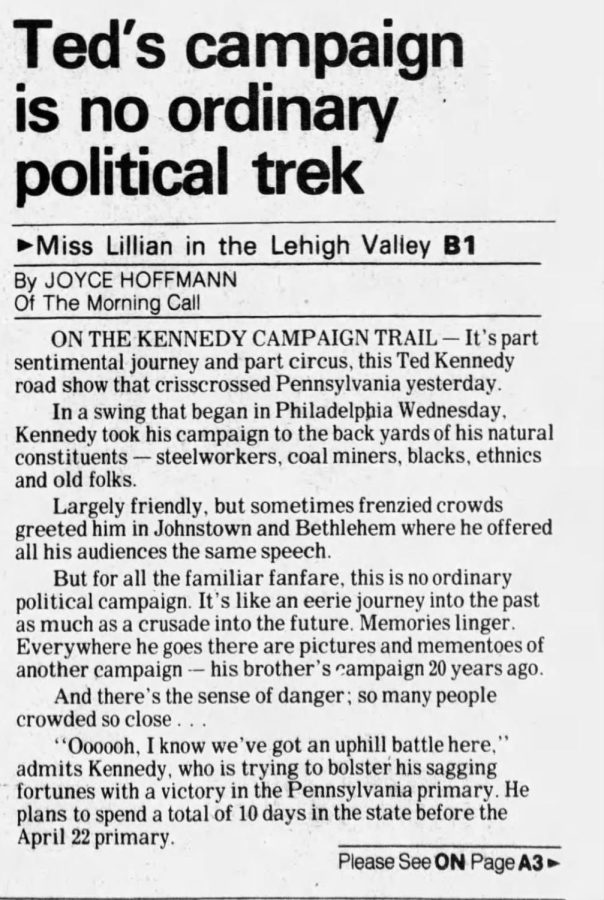
In her piece covering the press experience, Hoffmann wrote on how the 40-minute interview passed quickly before Carter got up to stand before a huge potted philodendron. “This must be the standard spot for these shots. Around the White House, they just presume you want a photograph. Nobody ever asks. It’s just done.” She writes, “The President offers his guests warm handshakes and toothy grins as the camera shutter clicks. And it’s all over. Out I go, clutching my notebook and tape recorder, feeling slightly giddy. It had gone quite well—then I realize I left my handbag inside. An aide goes to fetch it. “The President,” he says, “was rifling through it.”
“I got so much blow back from readers,” Hoffmann concluded the recollection through fits of controlled laughter, “’How dare you, how dare you say something like that about the President?’”, recalling the reaction to her personal White House experience.
Despite her abundance of personality, her approximately 20 years of advising to the Mace & Crown student publication remained a hands-off approach at her insistence. “It was always kind of up and down. And my attitude was, ‘Okay, this is a student newspaper and I need to make myself available, but I can’t inject myself in what they do.’”
Ironically, Hoffmann was apprehensive about the Mace’s decision to switch from traditional newspaper editions to glossy magazine prints. “I worried a lot,” shared Hoffmann, “Because, yeah, the magazine is a whole lot sexier, but I would say all the time: your responsibility is your student audience, and you’re the only organization that speaks to that audience exclusively.”
This goes hand in hand with her fiery insistence in the importance of journalism in general. “There is no democracy without journalism, democracy doesn’t work without a watchdog,” says Hoffman, “Journalism is totally imperfect, and I don’t disagree with that, but it’s still the only functioning organization in our society that is equipped to be a watchdog of the government.” And similarly, a watchdog of the powers-that-be here at ODU.
Hoffmann has been part of this watchdog service for many years, starting her career at ODU in 1994 under then President James V. Koch. “I saw the possibilities here.” Hoffmann remembers having witnessed the construction of the Ted Constant Center, the Village, the expansion of distance learning programs, international studies, and the improved focus on diversity here on campus. “It’s been a great place for me, it really has been.”
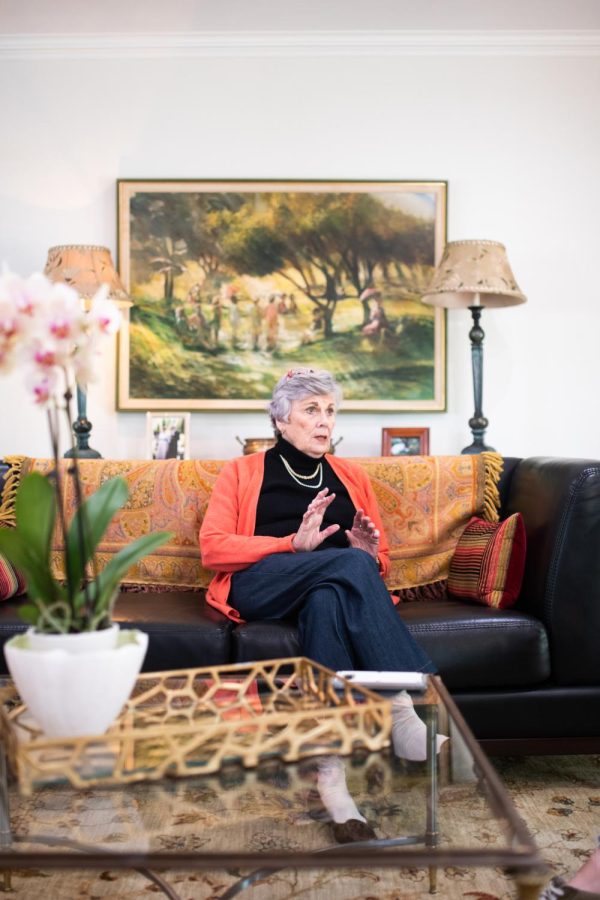
During her time at ODU, Hoffmann has been a staple in the journalism niche, writing two books: “One Their Own: Women Journalists and the American Experience in Vietnam”, and “Theodore White and Journalism as Illusion.” Hoffmann also served as the public editor for the Virginian-Pilot, writing many articles for many publications nationwide, as well as academic papers on behalf of ODU. More so than that, she has touched the lives of many aspiring journalists who have gone on to pursue careers to her great pleasure.
Spiders begin weaving their webs by releasing a piece of silk and waiting for the wind to pick it up. These eventual symbols of their prowess are, in part, reliant on the good fortune of the winds picking up that first strand and blowing it in the right direction. It is the craftsmanship of their design that interlocks all the pieces together to collect their prey, the morning dew, and become phantom-like symbols of personal strength and independence in the sparsely lit forest trails. But no web stays up forever.
“I have to say, I’m wondering what is going to be like when I teach that last Wednesday. You know?” Hoffmann ponders, “What is it going to be like when I have my last class?”
“I hope I don’t cry.” Her focus drifts into the empty air of her living room, where a blooming orchid quivered faintly in the fall breeze on her glass coffee table. Her face, most commonly adorned with a welcoming smile, is suddenly blank in a brief moment of contemplation.
Though in Hoffmann’s lifetime the playing field for female journalists has shifted dramatically, she is in agreement that it is not yet equal. She leaves with a recommendation for those who have seen her as a role model and aspire to follow in her footsteps. “Keep going and understand that you have a place. And stand your ground.” Hoffmann urges, “And I know that’s hard to do.” She continues, “You have to persevere, and you have to be the best.” But, most importantly, “Read, read, read. Know things. Study.”
In a piece of advice reflective of her own life’s achievements, she adds “You make your own stories, really.”
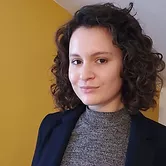
Victoria Tillinghast is majoring in English with a concentration in journalism as well a minor in communications. Currently, she serves as the news editor...


